Antarctica Blows Hot and Cold — for Now
Natural variability may at the moment be affecting Antarctica’s temperature more than human activity is, but climate change will still be a major influence.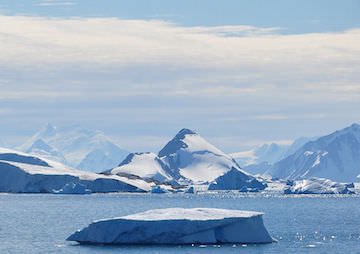
By Tim Radford, Climate News Network

New findings suggest human influence may affect Antarctica less than nature does, but the continent nevertheless faces fiercer warming. (Vincent van Zeijst via Wikimedia Commons)
This Creative Commons-licensed piece first appeared at Climate News Network.
LONDON — German scientists have identified a pattern of natural change in Antarctica. The discovery appears to suggest that human influence may not be a cause of apparent warming in the seas around the great, frozen continent. Instead, natural variability might have a role.
The finding doesn’t undermine the thesis that human burning of fossil fuels is enriching the atmosphere with greenhouse gases and triggering climate change: it might however account for the so-called pause in the rate of warming this century.
The verdict remains inconclusive. But new evidence published in the journal Climate Dynamics introduces a new layer of complexity in the understanding of the planetary climate system.
In brief, the rate of warming in the northern hemisphere is considerable, and highest in the Arctic Circle. Overall, the southern hemisphere remains colder, and evidence from the Antarctic has been ambiguous, although there have been widely reported fears of potentially dramatic change in West Antarctica. Rapid melting in the region would constitute a “climate tipping point” which would have consequences across the entire planet.
Too simple
But Josef Ludescher of the Institute for Theoretical Physics at the Justus Liebig University of Giessen and colleagues made an analysis of the full range of air temperature records from the southern continent and decided that the simple picture of a consistently cold and hostile world possibly modified by human activity was too simple: instead they found a propensity for “large and enduring natural excursions from the mean.”
Put simply, sometimes the winds blow colder, sometimes not quite so cold, but the coldest spells last for decades, followed by extended periods that might be measurably warmer overall.
The finding — it is based on sophisticated mathematical analysis and like all such hypotheses invites both confirmation and demolition by other climate science researchers — has a consequence: it means that the warming now observed in Antarctica may not be because of human influence. Or it may be that any human influence is so far swamped by a larger cyclic shift between two natural states.
“So far it seemed that there were hardly any major natural temperature fluctuations in Antarctica, so almost every rise in temperature was attributed to human influence,” said Armin Bunde of the Justus Liebig University, another member of the team.
“Global warming as a result of our greenhouse emissions from burning fossil fuel is a fact. However the human influence on the warming of West Antarctica is much smaller than previously thought. The warming of East Antarctica up to now can even be explained by natural variability alone.”
“At the end of this natural cold spell
temperatures will rise even more fiercely
— globally, but also in Antarctica.”
But the study — if backed by other findings — could explain another climate puzzle. Although global warming increased rapidly during the last three decades of the last century, the rate of warming has slowed. All but one of the hottest years ever recorded have been in this century, and 2014 broke all records, but the rate at which the temperatures have risen has slowed.
There have been many potential explanations for this apparent slowdown. And perhaps the proposed Antarctic cycle has a role in that too.
“Our estimates show that we are currently facing a natural cooling period — while temperatures rise slowly but inexorably, due to our heating up the atmosphere by emitting greenhouse gases,” said another of the authors, Hans Joachim Schellnhuber, of the Potsdam Institute for Climate Impact Research.
“At the end of this natural cold spell temperatures will rise even more fiercely – globally, but also in Antarctica, which therefore is in danger of tipping.”
Your support is crucial…With an uncertain future and a new administration casting doubt on press freedoms, the danger is clear: The truth is at risk.
Now is the time to give. Your tax-deductible support allows us to dig deeper, delivering fearless investigative reporting and analysis that exposes what’s really happening — without compromise.
Stand with our courageous journalists. Donate today to protect a free press, uphold democracy and unearth untold stories.


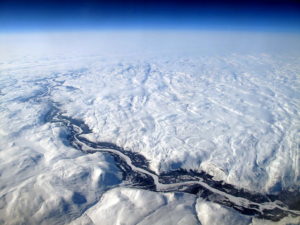
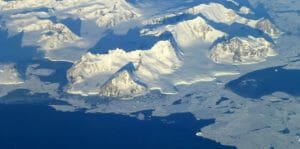
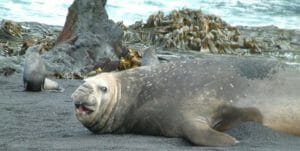
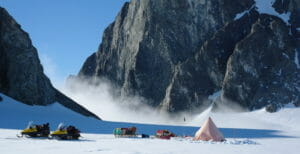
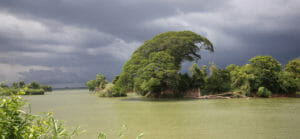


You need to be a supporter to comment.
There are currently no responses to this article.
Be the first to respond.